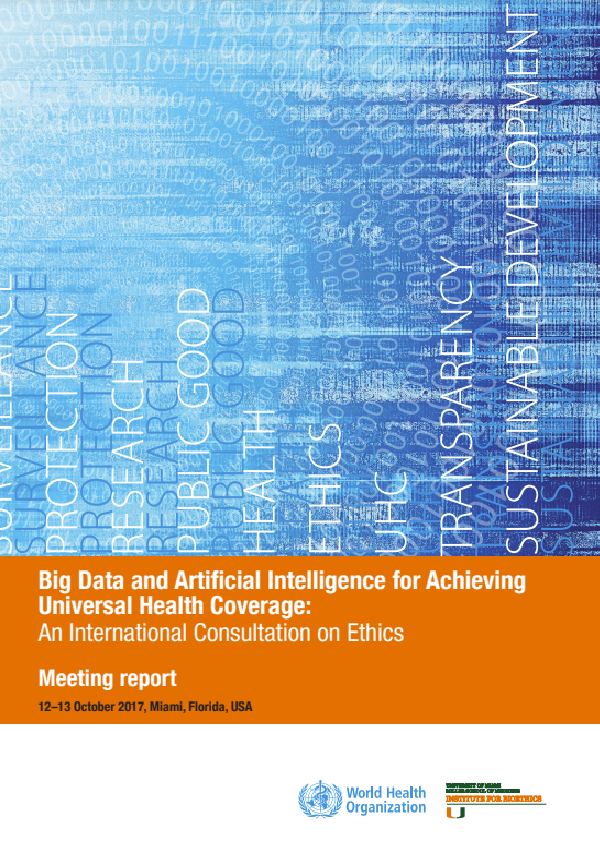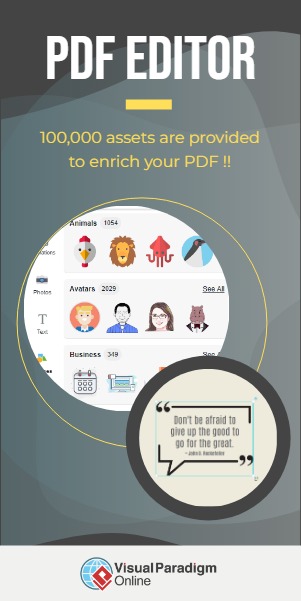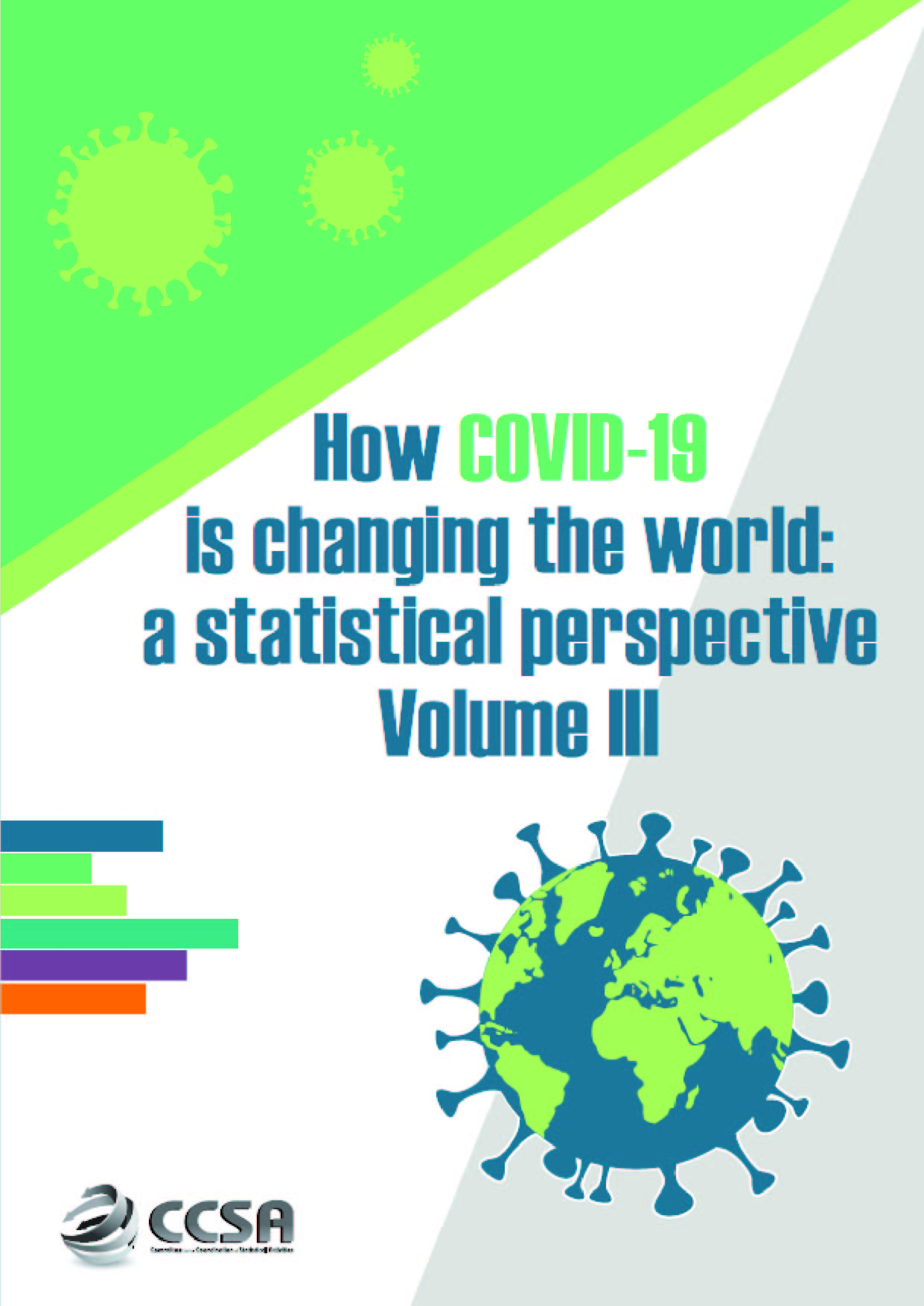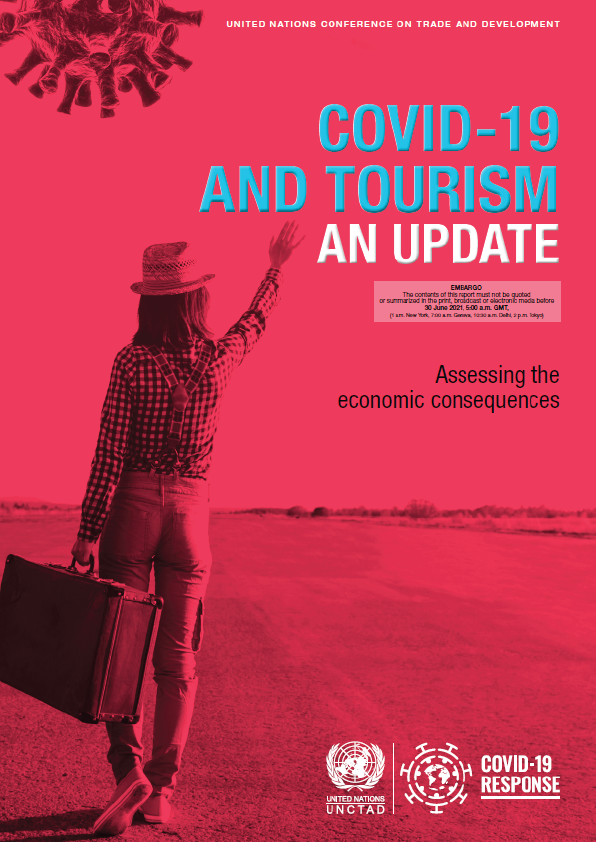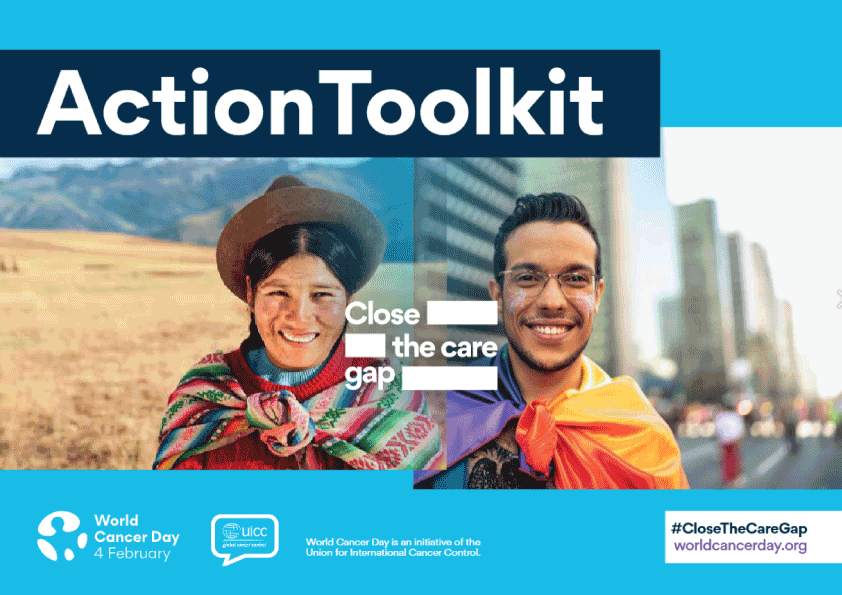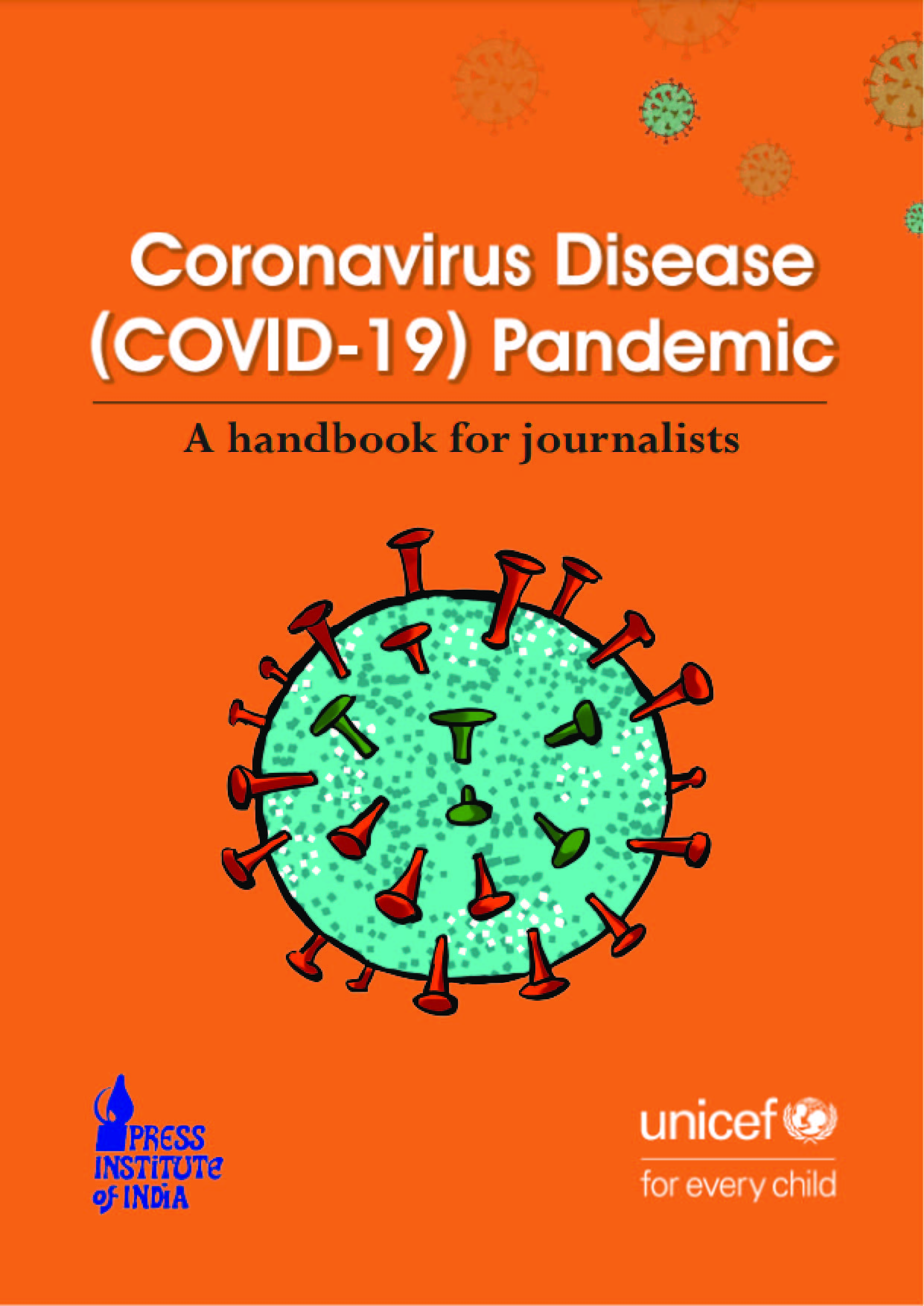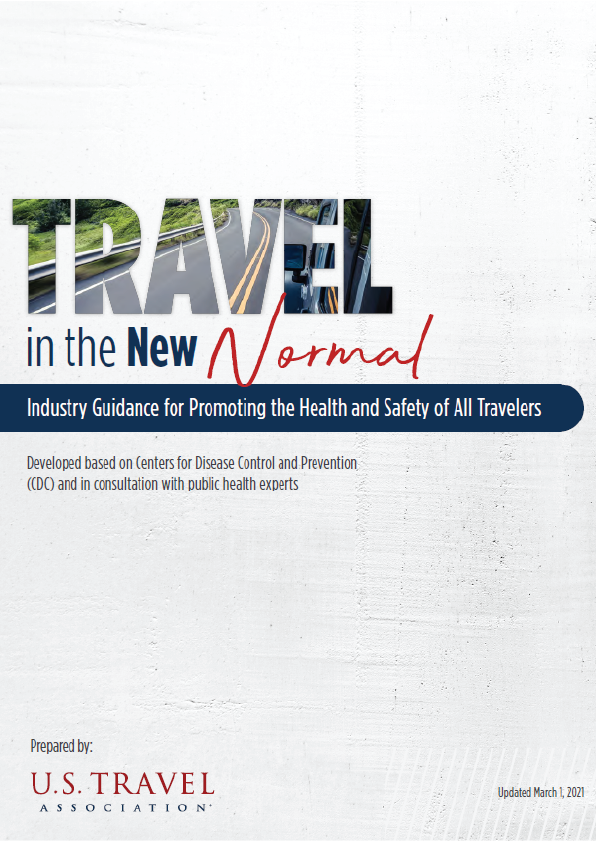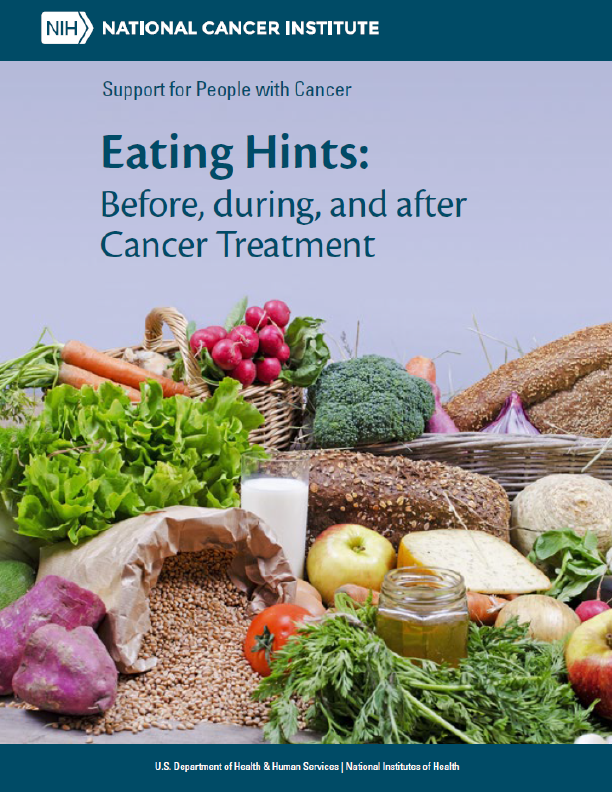Overview
WHO and the University of Miami Miller School of Medicine Institute for Bioethics and Health Policy have long collaborated in identifying and addressing ethical issues in global public health. Over the years, they have engaged stakeholders and encouraged debate, with the goal of providing guidance and standards in key topical areas. Topics of critical concern to WHO Member States in achieving universal health coverage are the acquisition, protection, governance and sharing of data and information on health. Countries, agencies and development partners face important challenges in this area, in part because of the rapid improvement in and availability of computing and information technologies, tools and methods as well as the size, scope and sources of data sets.
In health and medicine, expanding public and private sources of data (including non-traditional sources) and the ever-increasing capability to analyse, visualize and model data reveal patterns, problems and evidence for action for use by researchers and policy-makers. The tools, methods and technologies used in “Big Data” and artificial intelligence (AI) are already being used to improve health services and systems, and the policies, practices and capabilities to support them must keep pace. This is a major challenge, given that more human lives will be touched by health information technology than any other technology, ever.
Among the policy challenges are those of ethical collection, analysis and sharing of health data. Framed as ethical, legal and social issues, these include: the requirement for and scope of valid consent regarding data; protection of privacy, confidentiality and security; challenges of governance (ownership, use, publication, sharing); appropriate use of WHO-stewarded data and information; appropriate uses and users of public health and clinical decision support systems; and ethical difficulties in making decisions and policy recommendations on the basis of probabilistic, imperfect and even flawed data.
The purpose of the consultation was to identify the scope and range of ethical issues and questions related to Big Data and AI in health, in order to inform the work of WHO and to develop future principles and guidance for stakeholders.
